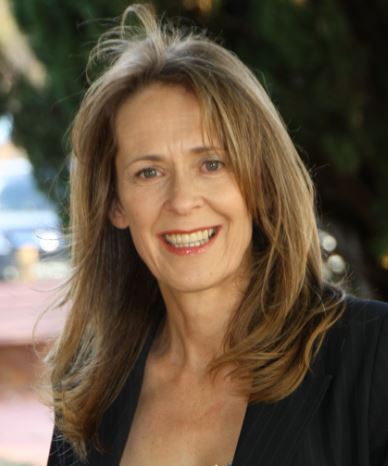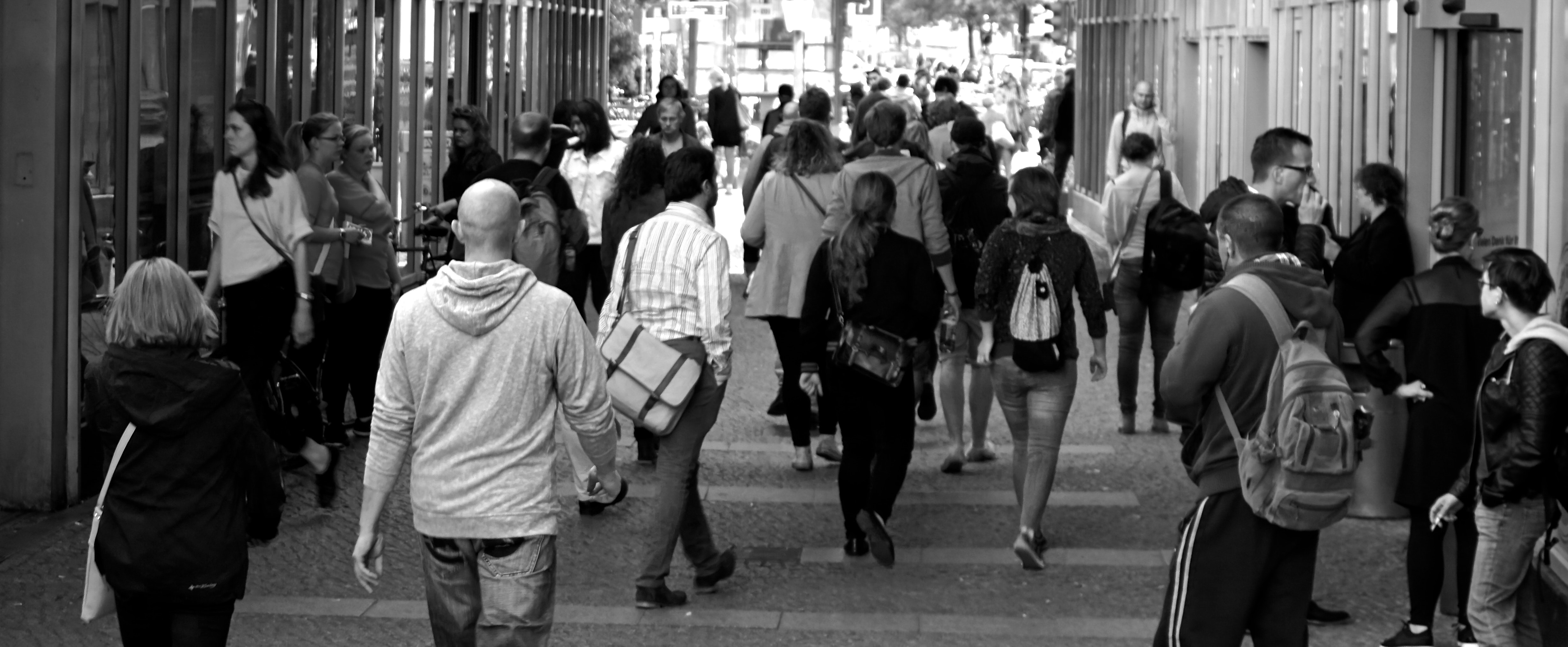When Did ‘Welfare’ Become A Dirty Word?
Opinion: by Kasy Chambers – Executive Director Anglicare Australia

You might have noticed that the word ‘welfare’ has been turned on its head.
Politicians no longer talk about a ‘safety net’, the ‘welfare state’, or even ‘help’. These words invoke ideas about citizenship, and supporting each other. Instead they speak about being ‘on’ welfare — and they mean it as a slur. To be ‘on’ welfare is to be lazy, dependant, and maybe even immoral.
The past few days have given us a window to this line of thinking. The Government has been pushing for random drug tests on Newstart recipients — a policy that assumes people don’t know how to spend their own money or manage their lives. The message is that there is no point trying to help them. They will only squander it.
Social Services Minister Anne Ruston said as much last week, when she told an audience that there was no point to raising Newstart — the money would only be a boon for pubs and drug dealers. (She later called the report “misleading”, saying she was only speaking about those already battling an addiction.)
Regardless, to many in the Government, it seems, welfare is a fool’s errand.
At the same as Minister Ruston was making these comments, something curious was happening. The Prime Minister was urging farmers to apply for assistance from Centrelink in the face of the drought. “We must keep finding ways to do everything we can to make life just a bit easier and remove some of the burden,” he said.
It was a laudable message.
Minister for Agriculture Bridget McKenzie went further. She told farmers that more of them would be eligible for help, it would be made easier to apply, and they could expect personalised treatment from Centrelink staff who would truly listen to them. She went on to assure them that they wouldn’t be slapped with a debt notice by the maligned robodebt system.
All of this was music to my ears. My organisation knows of countless people who are scarred by experiences with a harsh system that assumes the worst of them.
The trouble is, these changes aren’t for everyone who needs help — they’re just for farmers.
“This isn’t welfare,” stressed the Prime Minister when he urged people to seek help. But here’s the thing: it is welfare. And it’s nothing to be ashamed of.
Drought is terrible for farmers, and nobody can help the weather. But drought is also a fact of life in Australia. The Government knows it, and so do farmers themselves. In spite of the risks, they do this work because they find it rewarding. Australians understand this, and they are willing to support them when times get tough. Nobody blames farmers for going into risky, sometimes unprofitable work. Nobody begrudges them help. In fact, they are much more likely get payments from Centrelink than any other group.
Imagine the outcry if farmers were forced to take drug tests before they could get help.
Look closely at those who will be drug tested, and you’ll see they’re not so different to farmers. Some were in industries that were hurt by climate change. Some had businesses that unexpectedly went under. And many — the fastest growing group — are older people who lost their jobs over the age of 50. They are at the whims of luck and market forces, just like farmers. And like all of us.
The Government has spent the past week telling farmers that they shouldn’t be ashamed to ask for help. But if its Ministers spent less time maligning those who need help the most — people who need welfare — then there would be nothing to be ashamed of.









